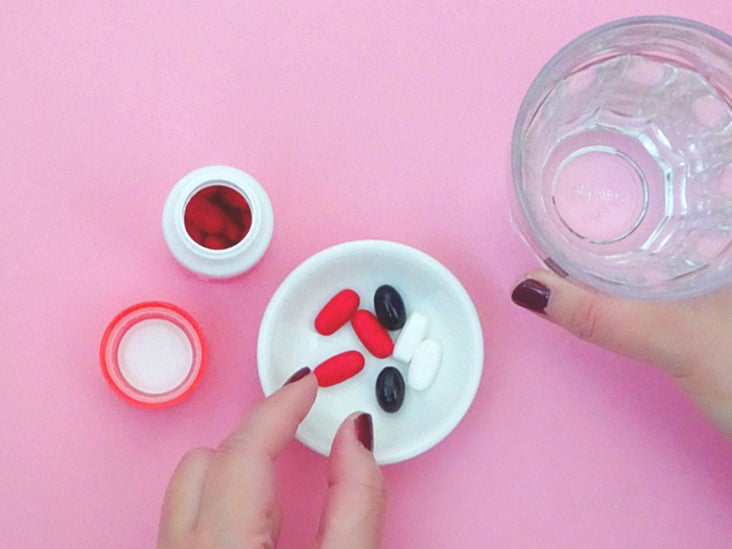Alan Carter
June 2020
Overview
The symptoms of migraines can make it hard to manage daily life. These intense headaches can cause throbbing pain, sensitivity to light or sound, and nausea.
Several prescription drugs treat migraines, but they can come with unwanted side effects. The good news is that there may be natural alternatives you can try. Certain vitamins and supplements may reduce the frequency or severity of your migraines.
Sometimes, strategies for treating migraines that work for one person provide little relief for another. They may even make your migraines worse. That’s why it’s important to work with your health care provider. They can help develop a treatment plan that works for you.
No one vitamin or supplement or combination of vitamins and supplements has been proven to help relieve or prevent migraines in everyone. That’s partly because every person’s headaches are different and have unique triggers.
Still, the nutritional supplements that follow have science supporting their effectiveness and may be worth trying.
Vitamin B-2 or riboflavin
Research has yet to show how or why vitamin B-2, also known as riboflavin, helps prevent migraines. It may have an effect on the way cells metabolize energy, according to Mark W. Green, MD, a professor of neurology, anesthesiology, and rehabilitation medicine, and a director of headache and pain medicine at Icahn School of Medicine at Mount Sinai.
A research review published in the International Journal for Vitamin and Nutrition Research concluded that riboflavin can play a positive role in reducing the frequency and duration of migraine attacks, with no serious side effects.
If you choose vitamin B-2 supplementation, you’ll want to aim for 400 milligrams of vitamin B-2 daily. Clifford Segil, DO, a neurologist at Providence Saint John’s Health Center in Santa Monica, California, recommends taking two 100-mg tablets, twice per day.











